Australia iron ore ‘bonanza’ to end as China enters free fall
Australia’s gravy train could be about to screech to a halt as the China enters a world-changing race to the bottom.
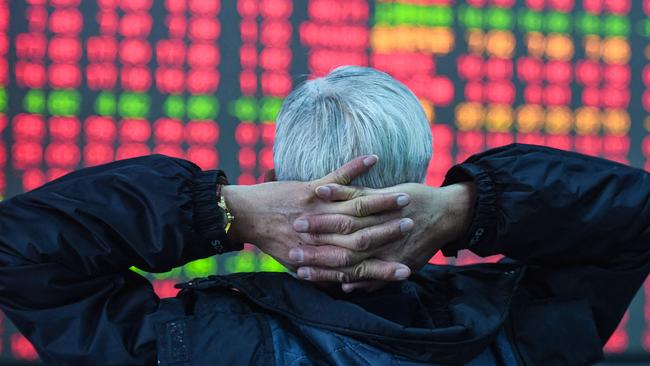
Economy
Don't miss out on the headlines from Economy. Followed categories will be added to My News.
Falling food costs. Plummeting house prices. Ongoing interest rate cuts.
We wish?
As ordinary Australians are being compelled by the Reserve Bank to cut back every aspect of their spending to reign in corporate profit-driven inflation, China’s doing the opposite.
Its billionaires and big businesses are going bust.
Therefore, consumers must spend more!
The property price bubble burst of 2020 is now tearing through the broader Chinese economy.
Its consumers are hurting. Deeply.
With much of the savings of China’s ‘Mum and Dad’ investors having been sunk in unfinished mega housing developments – and unemployment soaring as businesses and local governments fail to pay their bills – belt-tightening has become the order of the day.
As citizen-consumers stop spending and foreign firms halt investing – Chinese businesses are in a race to the bottom to retain what market share they can.
“Recent data show China experiencing its sharpest decline in consumer prices in over 14 years, while producer prices fell by 2.5 per cent, dropping for the 16th month in a row,” says a new report from the Geopolitical Futures think tank.
“This situation indicates a significant risk of prolonged deflation in China, exacerbated by challenges like a real estate slump, stock market downturn, loss of investor confidence, weaker exports and low consumer demand.”
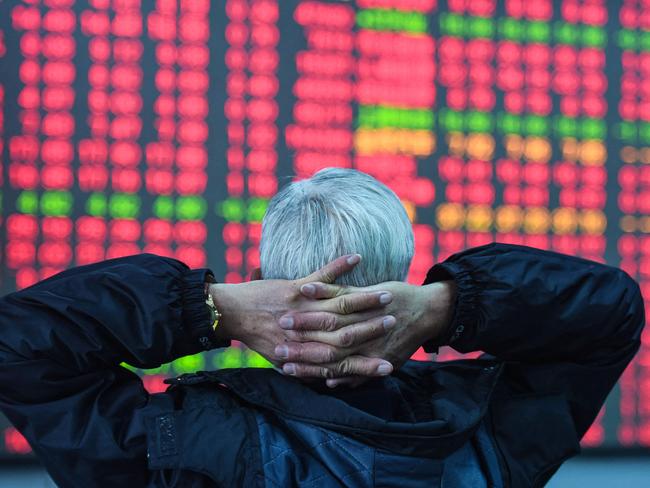
As Beijing orders its Communist Party commissars to compel citizens to be cheerful and confident, it’s also begun dumping excess product on the world market.
That includes steel.
And that, says Australian Strategic Policy Institute analyst David Uren, means an end to Canberra’s iron ore budget bonanza.
Chairman (&CEO) Xi Jinping’s grand plan
“Despite expectations for a temporary price rebound in February due to Lunar New Year demand, China’s economic issues – excess supply, insufficient demand and financial strain – persist,” the Geopolitical Futures report states.
“The long-running collapse of Chinese stocks has wiped out trillions of investment dollars and delivered another blow to an economy beset by property crisis, slow growth, and deflation, and has added uncertainty about Beijing’s very support for money-making,” adds geoeconomist Jeremy Mark of the Atlantic Council think tank. “It may be the last straw for foreign institutional investors who once saw China as an essential destination.”
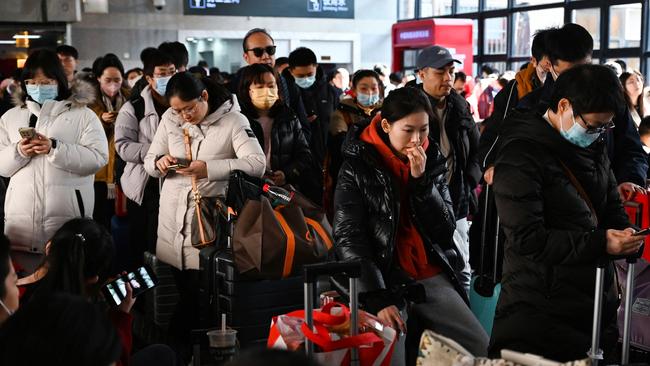
Chairman Xi is concerned that his people are not showing suitable appreciation for his idea of “common prosperity”.
So, in December, at the annual Central Economic Work Conference in Beijing, President Xi ordered his officials to promote his economy’s “bright” outlook.
Xi’s personal chief of staff, Cai Qi, took up the challenge in January, instructing hundreds of officials at a government event to double down on the Communist Party’s messaging and ideology and insist that the economy “always progresses in the right direction”.
“[We should] continue to strengthen positive publicity and public opinion guidance, and sing loudly about China’s bright economic prospects,” Cai said.
It’s a hard sell in an economy of soaring unemployment (particularly among youth), unfinished housing investments and cash shortages.
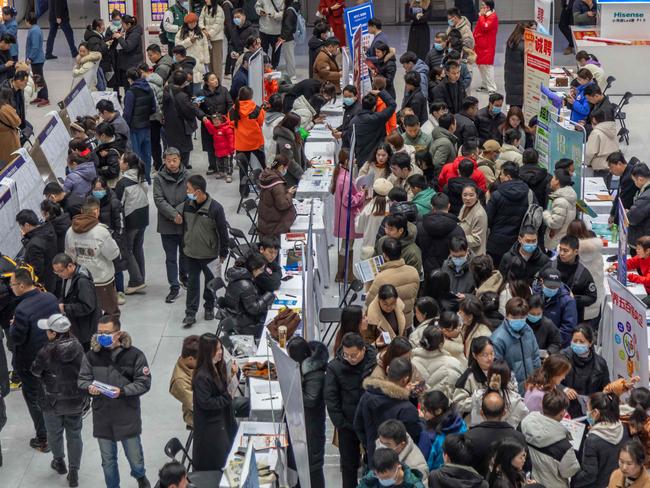
But Chairman Xi has also doubled down on his longstanding “strategic decoupling” policy – boosting his nation’s self-reliance for food, critical minerals and high technology – while simultaneously cracking down on the freedoms (and transparencies) international investors expect.
Both triggered a mass exodus of foreign capital in the second half of last year.
Costly consequences
“China’s deflation is impacting the global economy, potentially accelerating interest rate cuts in emerging markets reliant on Chinese goods and raising concerns in the West about competitive disadvantages due to cheaper Chinese exports,” The Geopolitical Futures report warns.
“This scenario suggests a global influx of low-priced imports as China seeks international buyers, which, while tempering inflation in some regions, poses broader economic challenges.”
Australian iron ore exports to China have held up remarkably well since 2020 in the face of China’s housing construction collapse. And that’s despite official Beijing data claiming a dramatic drop in steel production late last year.
According to ASPI’s Uren, China is diverting its surplus output into global export markets. Beijing’s steel exports surged 36 per cent last year to 90 million tonnes.
“While the Australian budget is reaping a bonanza, Western steel mills, including Australia’s Bluescope Steel at Port Kembla and the Whyalla Steelworks, are coming under pressure,” he warns.
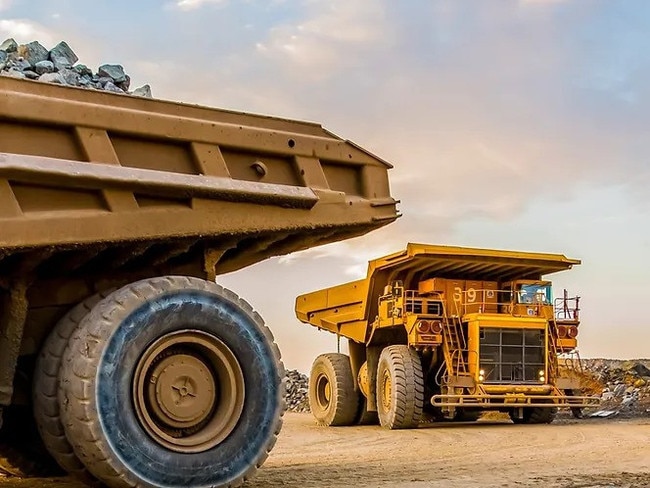
And iron ore prices – once they inevitably begin to fall – will seriously impact Canberra’s bottom line.
“Treasury estimates that every US$10 shift in the iron ore price translates to $2.5 billion in the Australian economy and $500 million for the federal budget,” explains Uren.
But international businesses working in – or with – China can also expect tough times ahead, warns Mark.
Xi wants even greater personal control.
“Over the past few months, there have been various pronouncements directed at financial markets that suggest less tolerance for business as usual,” he writes. “For example, at a Chinese Communist Party Central Committee “study session” last month, Xi called for “the combination of the rule of law and the rule of virtue to cultivate a financial culture with Chinese characteristics” that would avoid “a single-minded focus on profit.”
Meanwhile, Canberra should make hay as the sun sets, adds Uren: “Australia should enjoy its iron ore-derived budget bonanza while it lasts, ideally trying to bank some of it. It may survive China’s housing downturn, but not a serious trade war.
“Steel is only one front in this emerging conflict. The same dynamic is at work with electric vehicles, batteries, solar panels and wind turbines.”
Jamie Seidel is a freelance writer | @JamieSeidel
Originally published as Australia iron ore ‘bonanza’ to end as China enters free fall





